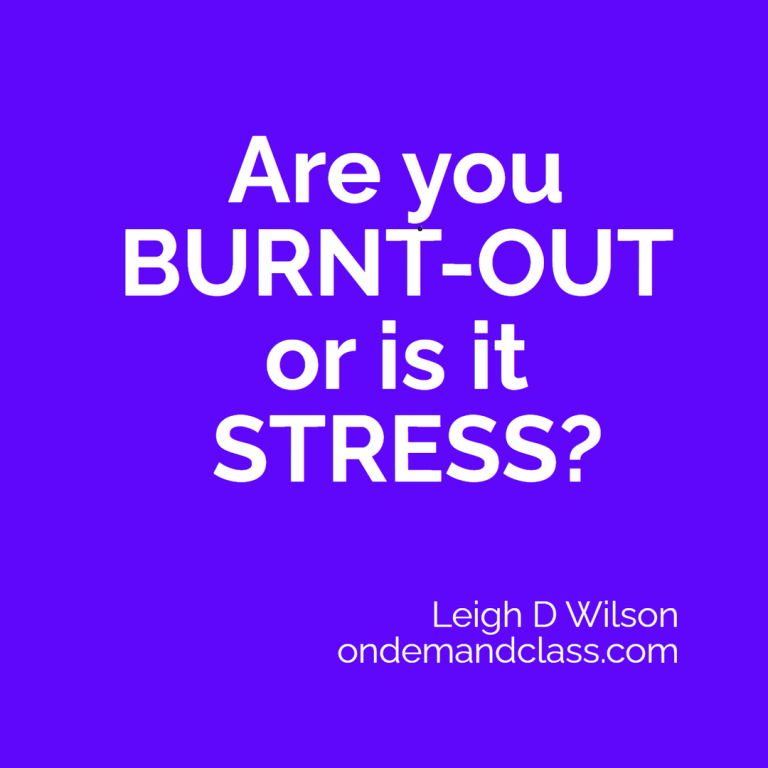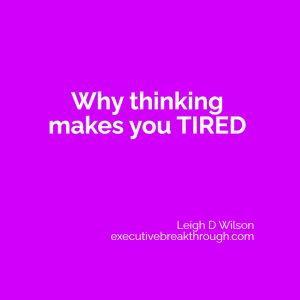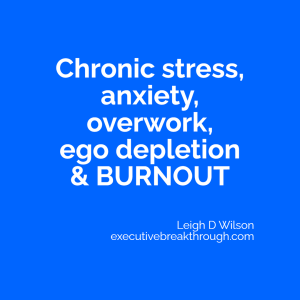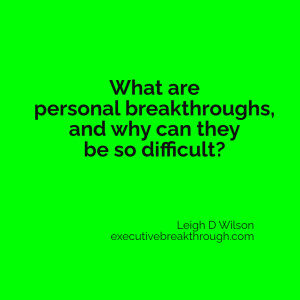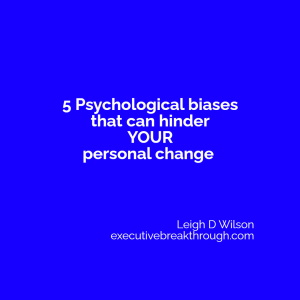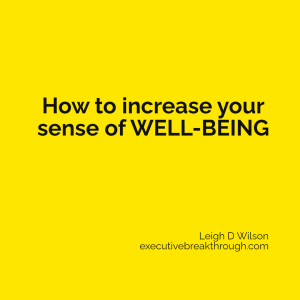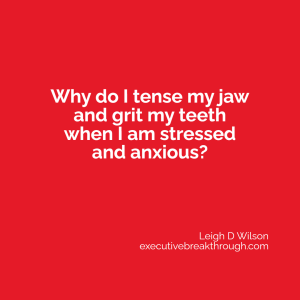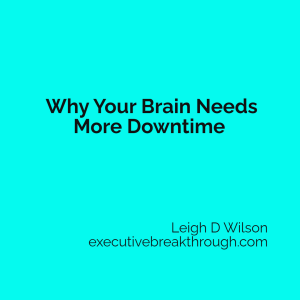Stress and burnout are two terms that are often used interchangeably, but they are actually different experiences with distinct characteristics.
While stress is a normal and often manageable part of life, burnout is a more severe and chronic condition that can have serious consequences.
According to a study published in the journal Current Opinion in Psychiatry, stress is defined as a state of mental or emotional strain resulting from adverse or demanding circumstances.
Stress is a common experience for most people and can be caused by a variety of factors, including work, relationships, and financial problems.
While stress can be unpleasant, it is typically temporary and can be managed with coping strategies such as exercise, relaxation techniques, and seeking support from others.
On the other hand, burnout is defined as a state of physical, emotional, and mental exhaustion caused by prolonged and excessive stress.
Burnout is often associated with work-related stress, and it can have serious consequences for individuals, including decreased productivity, job dissatisfaction, and even physical health problems.
A study published in the Journal of Occupational Health Psychology found that burnout is characterized by three distinct symptoms:
- emotional exhaustion – feeling drained and overwhelmed;
- depersonalization – feeling detached from work;
- reduced personal accomplishment – feeling like one’s work is no longer meaningful or fulfilling.
It’s important to note that, while stress can lead to burnout, not everyone who experiences stress will develop burnout. Factors such as personality traits, coping strategies, and support systems can all play a role in determining an individual’s risk for burnout.
If you are experiencing symptoms of burnout, it’s important to seek help from a mental health professional. Treatment may include therapeutic coaching, therapy, medication, or lifestyle changes such as improving sleep habits, setting boundaries at work, and engaging in self-care activities.
So, while stress and burnout are related experiences, they are not the same thing. By understanding the differences between these two conditions, you can take steps to manage stress and prevent burnout from occurring.
If want some help with this, let’s chat.
And if you want to learn more about these sorts of inner struggles, check out my free On-demand Masterclass at onedemandclass.com
#anxiety #stress #worry #overwhelm #fear #procrastination #selfesteem #selfconfidence #emptiness #loneliness #failure #sadness #guilt #selftalk #burnout

